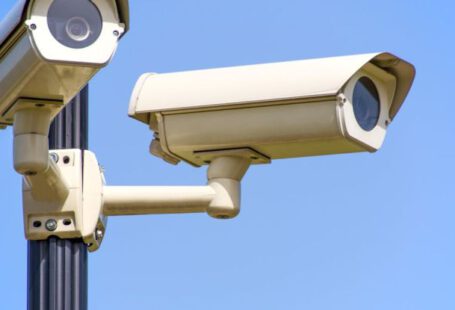In today’s fast-paced world, where technology plays a crucial role in our daily lives, the quest for energy-efficient solutions has become more important than ever. From energy-efficient appliances to smart home devices, the market is flooded with products that promise to save you money while reducing your carbon footprint. But can you really save money with energy-efficient tech? Let’s delve into this question and explore the impact of these innovations on your wallet and the environment.
The Rise of Energy-Efficient Technology
The rise of energy-efficient technology has been fueled by growing concerns about climate change and the need to conserve resources. As a result, manufacturers have been investing heavily in developing products that consume less energy while maintaining or even enhancing performance. This has led to a wide range of energy-efficient options in various categories, such as lighting, heating and cooling systems, and home appliances.
Cutting Down on Energy Bills
One of the primary benefits of investing in energy-efficient technology is the potential for significant savings on your energy bills. Energy-efficient appliances, for example, are designed to consume less electricity without compromising on functionality. This means that over time, you could see a noticeable reduction in your monthly energy costs, leading to long-term savings.
Moreover, energy-efficient lighting solutions, such as LED bulbs, can also contribute to lowering your electricity expenses. While these bulbs may have a higher upfront cost compared to traditional incandescent bulbs, they last much longer and consume significantly less energy, making them a cost-effective choice in the long run.
Environmental Impact
Beyond the financial savings, opting for energy-efficient technology can have a positive impact on the environment. By reducing your energy consumption, you are effectively lowering your carbon footprint and contributing to the global efforts to combat climate change. This means that your decision to invest in energy-efficient solutions is not only beneficial for your wallet but also for the planet.
Smart Home Integration
With the advancement of technology, smart home devices have become increasingly popular among homeowners looking to enhance their living spaces. These devices offer the convenience of remote control and automation, allowing you to manage your home’s energy usage more effectively. From smart thermostats that adjust temperatures based on your schedule to smart plugs that can turn off appliances remotely, these innovations can help you optimize your energy consumption and further reduce your utility bills.
Considerations Before Investing
While energy-efficient technology can offer significant benefits, there are a few considerations to keep in mind before making a purchase. Firstly, it’s essential to evaluate your current energy usage and identify areas where you can make improvements. Understanding your energy needs will help you choose the right products that align with your goals of saving money and reducing energy consumption.
Secondly, research different brands and models to compare their energy efficiency ratings and performance. Look for products that are ENERGY STAR certified, as they meet strict energy efficiency guidelines set by the Environmental Protection Agency. Additionally, consider the long-term savings potential of each product to ensure that your investment will pay off over time.
Making the Switch
In conclusion, investing in energy-efficient technology can indeed help you save money on your energy bills while making a positive impact on the environment. By opting for energy-efficient appliances, lighting solutions, and smart home devices, you can lower your energy consumption and contribute to a more sustainable future. So, if you’re looking to cut down on your utility costs and reduce your carbon footprint, consider making the switch to energy-efficient tech today.





